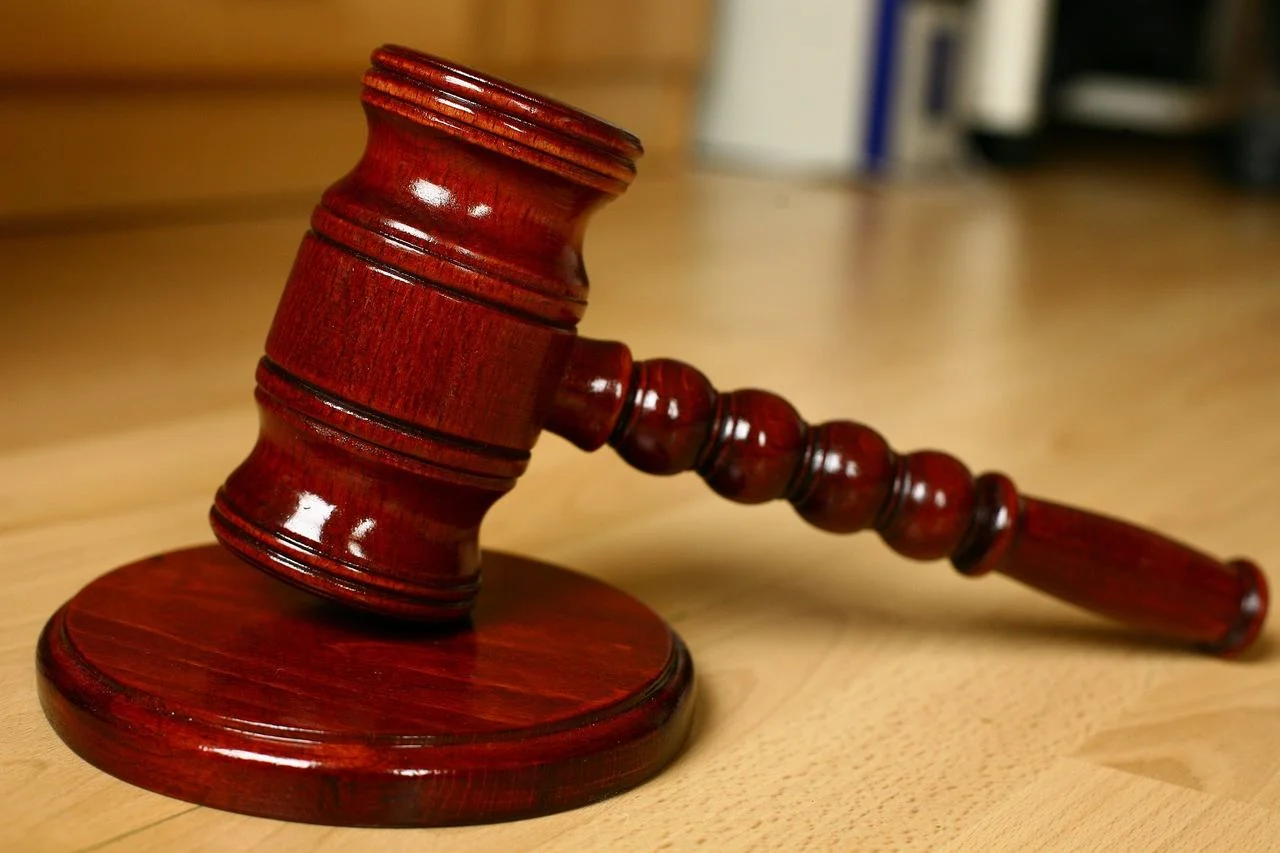Understanding the Process of Mediation in South Carolina Personal Injury Cases

Mediation is a common alternative dispute resolution method used in South Carolina personal injury cases. It provides a platform for parties to negotiate a settlement without going to trial. Understanding the mediation process can help you make informed decisions about resolving your case. Here’s an overview of how mediation works in personal injury cases in South Carolina.
What Is Mediation?
Definition: Mediation is a voluntary, confidential process where a neutral third party, known as the mediator, facilitates discussions between the parties involved in a dispute. The mediator helps the parties communicate and negotiate to reach a mutually acceptable settlement.
Purpose: The goal of mediation is to resolve disputes more efficiently and cost-effectively than traditional litigation. It allows parties to have more control over the outcome and can lead to quicker resolutions.
The Mediation Process
Initiation of Mediation
- Agreement to Mediate: Mediation can be initiated voluntarily by the parties or mandated by the court. In South Carolina, many personal injury cases are referred to mediation as part of the litigation process.
- Choosing a Mediator: The parties typically select a mediator with experience in personal injury cases. Mediators can be retired judges, attorneys, or professional mediators with specific training.
Preparation for Mediation
- Case Summary: Each party prepares a case summary outlining their perspective, evidence, and desired outcome. This summary helps the mediator understand the key issues and the context of the dispute.
- Exchange of Information: Before the mediation session, parties may exchange relevant information and documents to facilitate informed discussions during mediation.
Mediation Session
- Opening Statements: The mediation session usually begins with each party making an opening statement. This is an opportunity to present their side of the case and outline their goals for the mediation.
- Private Caucuses: The mediator may hold private meetings (caucuses) with each party to discuss the case and explore settlement options confidentially. These meetings allow parties to speak openly about their concerns and negotiation strategies.
- Negotiation: The mediator facilitates negotiations between the parties, helping them identify common ground and work towards a settlement. The mediator may suggest potential solutions and encourage compromise.
Reaching an Agreement
- Settlement Proposal: If the parties reach an agreement, the mediator drafts a settlement proposal outlining the terms of the resolution. This proposal is reviewed and agreed upon by both parties.
- Formal Agreement: Once both parties agree to the terms, a formal settlement agreement is drafted and signed. This agreement is legally binding and typically resolves the case.
- No Agreement: If mediation does not result in a settlement, the case may proceed to trial or other dispute resolution methods.
Benefits of Mediation
- Cost-Effective: Mediation is generally less expensive than going to trial, as it involves fewer legal fees and less formal proceedings.
- Faster Resolution: Mediation can lead to quicker resolutions compared to the often lengthy litigation process, allowing parties to resolve disputes and move on more swiftly.
- Confidentiality: Mediation sessions are confidential, meaning that any discussions or proposals made during mediation cannot be used in court if the case does not settle.
- Control Over Outcome: Parties have more control over the outcome of mediation, as they work together to craft a mutually agreeable solution rather than leaving the decision to a judge or jury.
Considerations for Mediation
- Voluntary Participation: While mediation is often encouraged, it is generally a voluntary process. Both parties must agree to participate and work towards a settlement.
- Legal Advice: Even though mediation is less formal, it’s important to consult with an attorney to ensure that your interests are protected and that you understand the implications of any proposed settlement.
- Preparation: Proper preparation is key to a successful mediation. Gather all relevant information, understand your case’s strengths and weaknesses, and be prepared to negotiate effectively.
Conclusion
Mediation provides an effective and efficient way to resolve personal injury disputes in South Carolina. By understanding the mediation process, preparing thoroughly, and working collaboratively, you can increase the likelihood of reaching a satisfactory settlement. If you’re involved in a personal injury case, consider mediation as a viable option for resolving your dispute and seek legal guidance to navigate the process effectively.
